BILL FOR “STATELESS ADOPTEES” IN THE U.S.
입력 2019.11.14 (15:05)
수정 2019.11.14 (16:44)
읽어주기 기능은 크롬기반의
브라우저에서만 사용하실 수 있습니다.
[Anchor Lead]
It's estimated that around 20,000 Korean adoptees are stateless in the United States. The term "stateless adoptee" refers to the adopted children whose adoptive parents failed to apply for citizenship, rendering them unable to exercise their due rights and even subjecting them to deportation. Now the U.S. Congress has introduced a bill, that automatically grants U.S. citizenship to such internationally adopted individuals.
[Pkg]
It is estimated that roughly 20,000 Koreans adopted by American families are stateless. They were left with no citizenship, because their foster parents failed to apply for citizenship after they were adopted under the IR-4 visa. These stateless adoptees are unable to exercise their legal and institutional rights and even a misdemeanor could get them deported overseas.
[Soundbite] ADAM CRAPSER(Apr. 2015(Deported to Korea over a misdemeanor in late 2016))
Now the U.S. Congress has introduced a bill to address such institutional shortcomings. Both the House and the Senate introduced this bill cited as the Adoptee Citizenship Act of 2019. The Child Citizenship Act that passed in 2000 allowed certain adopted children to acquire U.S. citizenship automatically and retroactively even after they became adults. From the House of Representatives, 15 Democrats and 16 Republicans signed the bill, while two Senate members of the conservative bloc joined the petition. The Korean American Grassroots Conference that held the bill introduction ceremony said it is urging Congress to have the bill pass the House of Representatives by next April. It's highly likely the bill will pass, once it gains the support of more than 200 members of the House.
It's estimated that around 20,000 Korean adoptees are stateless in the United States. The term "stateless adoptee" refers to the adopted children whose adoptive parents failed to apply for citizenship, rendering them unable to exercise their due rights and even subjecting them to deportation. Now the U.S. Congress has introduced a bill, that automatically grants U.S. citizenship to such internationally adopted individuals.
[Pkg]
It is estimated that roughly 20,000 Koreans adopted by American families are stateless. They were left with no citizenship, because their foster parents failed to apply for citizenship after they were adopted under the IR-4 visa. These stateless adoptees are unable to exercise their legal and institutional rights and even a misdemeanor could get them deported overseas.
[Soundbite] ADAM CRAPSER(Apr. 2015(Deported to Korea over a misdemeanor in late 2016))
Now the U.S. Congress has introduced a bill to address such institutional shortcomings. Both the House and the Senate introduced this bill cited as the Adoptee Citizenship Act of 2019. The Child Citizenship Act that passed in 2000 allowed certain adopted children to acquire U.S. citizenship automatically and retroactively even after they became adults. From the House of Representatives, 15 Democrats and 16 Republicans signed the bill, while two Senate members of the conservative bloc joined the petition. The Korean American Grassroots Conference that held the bill introduction ceremony said it is urging Congress to have the bill pass the House of Representatives by next April. It's highly likely the bill will pass, once it gains the support of more than 200 members of the House.
■ 제보하기
▷ 카카오톡 : 'KBS제보' 검색, 채널 추가
▷ 전화 : 02-781-1234, 4444
▷ 이메일 : kbs1234@kbs.co.kr
▷ 유튜브, 네이버, 카카오에서도 KBS뉴스를 구독해주세요!
- BILL FOR “STATELESS ADOPTEES” IN THE U.S.
-
- 입력 2019-11-14 14:59:14
- 수정2019-11-14 16:44:48
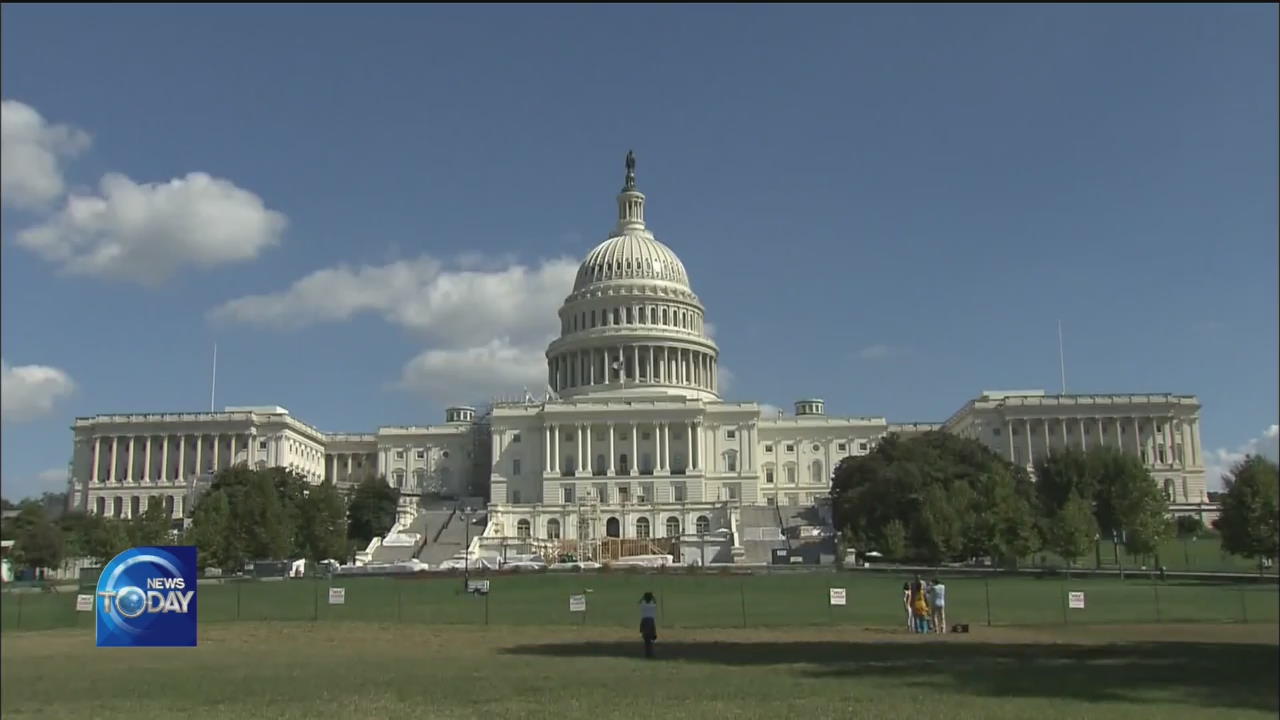
[Anchor Lead]
It's estimated that around 20,000 Korean adoptees are stateless in the United States. The term "stateless adoptee" refers to the adopted children whose adoptive parents failed to apply for citizenship, rendering them unable to exercise their due rights and even subjecting them to deportation. Now the U.S. Congress has introduced a bill, that automatically grants U.S. citizenship to such internationally adopted individuals.
[Pkg]
It is estimated that roughly 20,000 Koreans adopted by American families are stateless. They were left with no citizenship, because their foster parents failed to apply for citizenship after they were adopted under the IR-4 visa. These stateless adoptees are unable to exercise their legal and institutional rights and even a misdemeanor could get them deported overseas.
[Soundbite] ADAM CRAPSER(Apr. 2015(Deported to Korea over a misdemeanor in late 2016))
Now the U.S. Congress has introduced a bill to address such institutional shortcomings. Both the House and the Senate introduced this bill cited as the Adoptee Citizenship Act of 2019. The Child Citizenship Act that passed in 2000 allowed certain adopted children to acquire U.S. citizenship automatically and retroactively even after they became adults. From the House of Representatives, 15 Democrats and 16 Republicans signed the bill, while two Senate members of the conservative bloc joined the petition. The Korean American Grassroots Conference that held the bill introduction ceremony said it is urging Congress to have the bill pass the House of Representatives by next April. It's highly likely the bill will pass, once it gains the support of more than 200 members of the House.
It's estimated that around 20,000 Korean adoptees are stateless in the United States. The term "stateless adoptee" refers to the adopted children whose adoptive parents failed to apply for citizenship, rendering them unable to exercise their due rights and even subjecting them to deportation. Now the U.S. Congress has introduced a bill, that automatically grants U.S. citizenship to such internationally adopted individuals.
[Pkg]
It is estimated that roughly 20,000 Koreans adopted by American families are stateless. They were left with no citizenship, because their foster parents failed to apply for citizenship after they were adopted under the IR-4 visa. These stateless adoptees are unable to exercise their legal and institutional rights and even a misdemeanor could get them deported overseas.
[Soundbite] ADAM CRAPSER(Apr. 2015(Deported to Korea over a misdemeanor in late 2016))
Now the U.S. Congress has introduced a bill to address such institutional shortcomings. Both the House and the Senate introduced this bill cited as the Adoptee Citizenship Act of 2019. The Child Citizenship Act that passed in 2000 allowed certain adopted children to acquire U.S. citizenship automatically and retroactively even after they became adults. From the House of Representatives, 15 Democrats and 16 Republicans signed the bill, while two Senate members of the conservative bloc joined the petition. The Korean American Grassroots Conference that held the bill introduction ceremony said it is urging Congress to have the bill pass the House of Representatives by next April. It's highly likely the bill will pass, once it gains the support of more than 200 members of the House.
이 기사가 좋으셨다면
-
좋아요
0
-
응원해요
0
-
후속 원해요
0










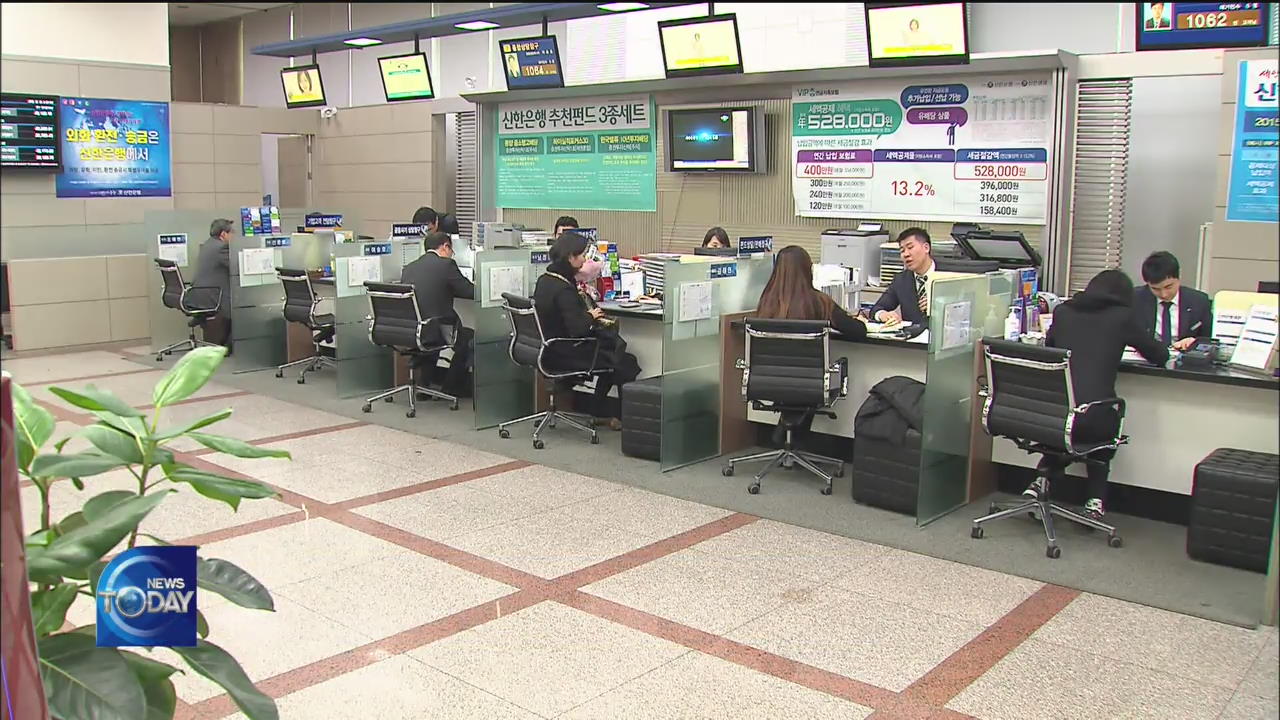
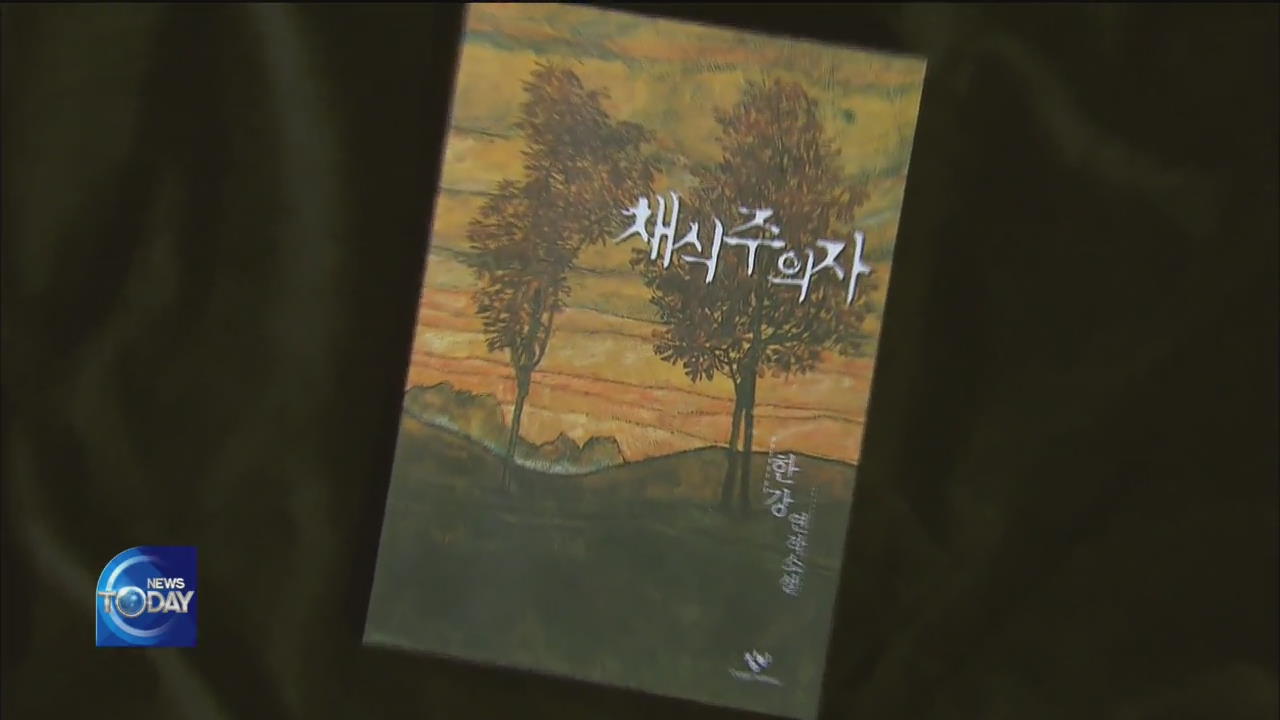
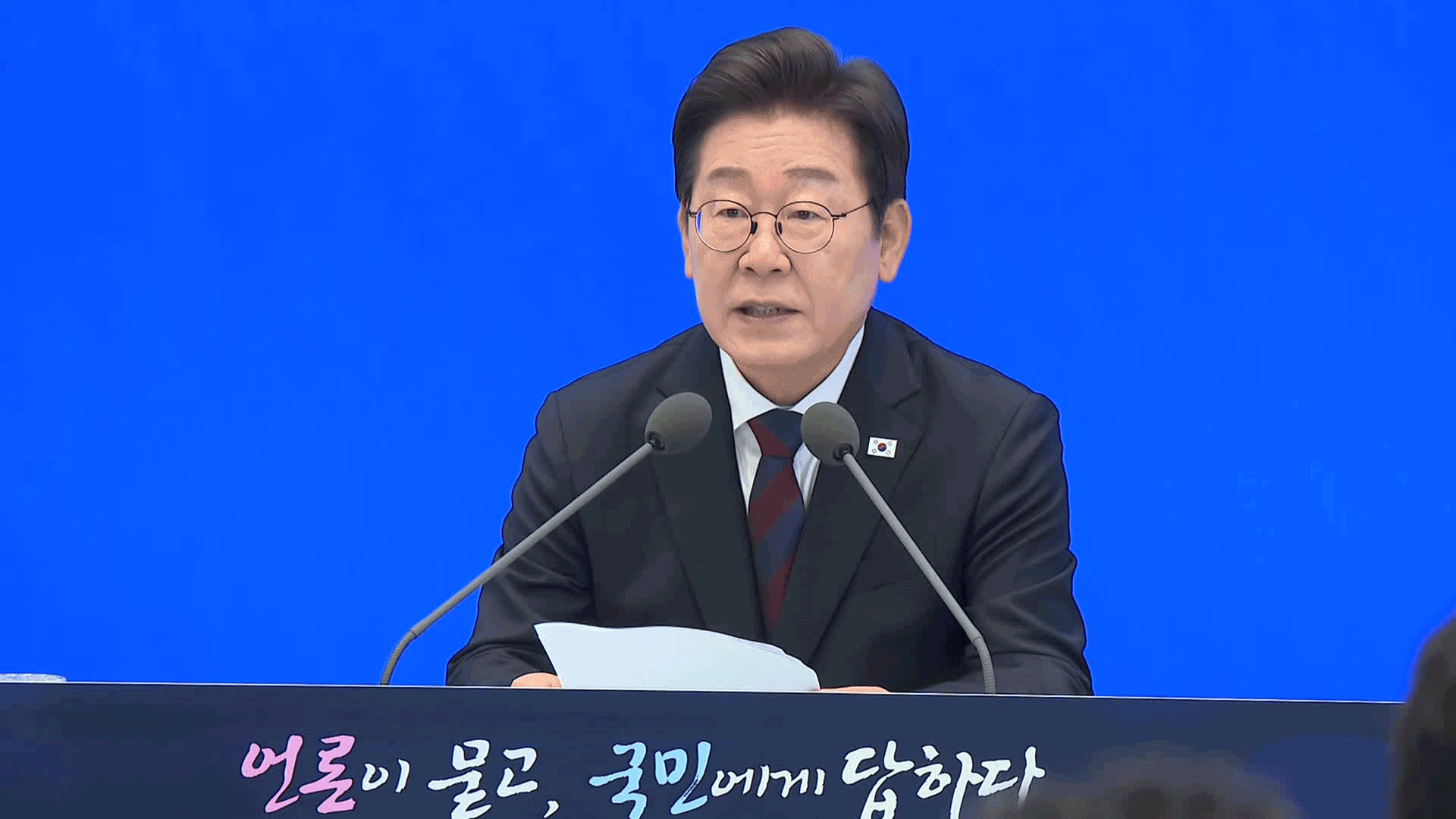
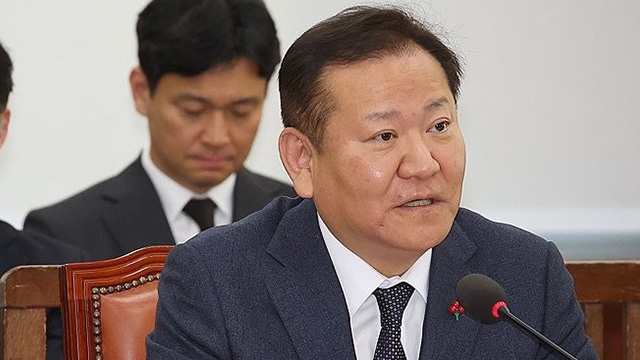
![[단독] 김민석 총리, 취임 첫 일정으로 ‘송미령 반대’ 농민단체 농성장 방문](/data/news/2025/07/03/20250703_YUTdgQ.png)
![[단독] ‘스테로이드’부터 ‘임신중지약’까지…해외 의약품 불법 유통 11만 건](/data/news/2025/07/03/20250703_qpUU1y.png)

이 기사에 대한 의견을 남겨주세요.